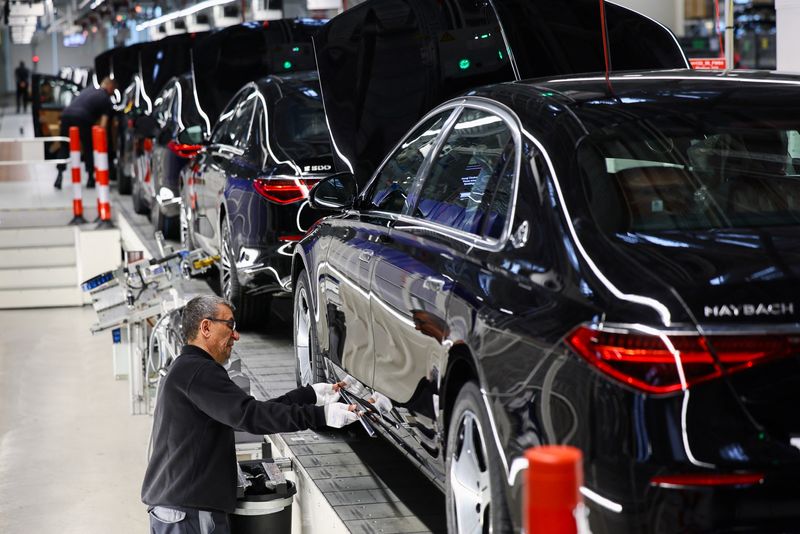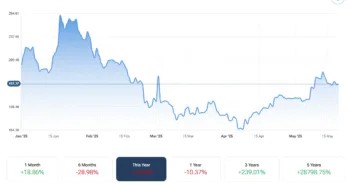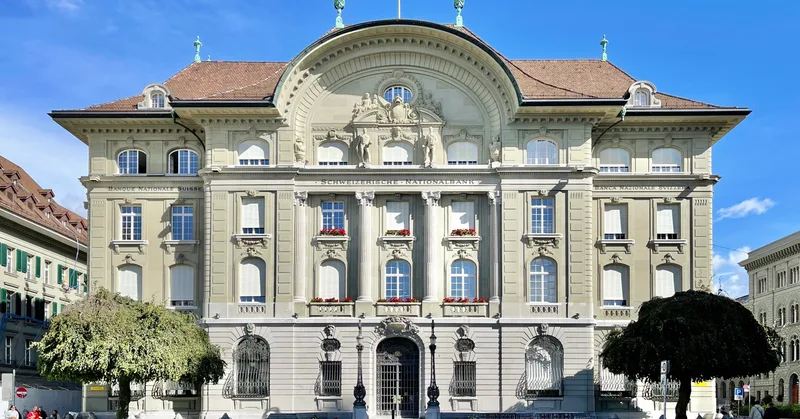By Maria Martinez
BERLIN (Reuters) – Business activity in Germany’s private sector stabilised in January, marking an end to a six-month contraction as services growth offset a continued decline in manufacturing output, according to a survey published on Friday.
The HCOB German flash composite Purchasing Managers’ Index, compiled by S&P Global, rose to 50.1 in January, up from 48.0 in December, reaching a seven-month high and crossing the 50.0 threshold that separates growth from contraction.
Analysts polled by Reuters had forecast a reading of 48.2.
“The PMI offers some hope that Germany might dig itself out of the recessionary phase of the past two years,” said Cyrus de la Rubia, chief economist at Hamburg Commercial Bank.
Germany’s economy contracted for the second consecutive year in 2024, highlighting the depth of the downturn gripping Europe’s biggest economy.
The services sector showed resilience, with the business activity index for Germany’s services sector climbing to 52.5 from 51.2, its highest in six months and above the 51.0 forecast by analysts polled by Reuters.
Although it remained in contraction territory, the manufacturing index improved to 44.1 from 42.5, beating expectations of a rise to 42.7.
“Manufacturing output is shrinking at the slowest rate since mid-2024, and the new order situation has eased a bit too,” de la Rubia said.

Manufacturing faced significant pressure from international competition and customer hesitation amid economic and political uncertainties, though the rate of decline in new export business was the softest in eight months, the survey showed.
Despite challenges in demand across both sectors, firms showed increased optimism about future activity, particularly in manufacturing, where confidence reached its highest level in nearly three years.











